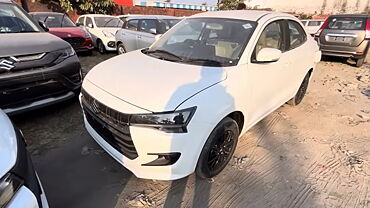
For a while now Hyundai Motors has been working on its independently-developed ccOS (connected car Operating System), which will bring advanced integrated technologies to customers and offer a revolutionary driving experience. The ccOs technology will first be seen in Hyper-connected Intelligent car which is set for launch in 2020. Security and data management for a multitude of connected car services is ensured by this ccOs software platform. To stay ahead from the rest, Hyundai Motors has accelerated the development of the new software technology.
The advanced ccOs will enable high-speed transmission and reception of data within the vehicle which will comfortably support increasingly complex features that will lead the connected car market. Recently, Hyundai Motors had set up infotainment software development team in its Namyang Research and Development Centre which is set up for development of ccOS technologies. To be installed at the heart of the vehicle, ccOS will control and operate the key aspects of connected car infrastructure; In-Vehicle Framework, Infotainment Framework and Connectivity Framework, which will ensure that connected cars can adapt to new innovations in safety, comfort, convenience and security.
Hyundai is working on its own platform which is optimised for connected car operation and focusses on how vehicles communicate with their internal and external environments. Hyundai Motor will also work on other connected car technologies and related services such as smartphone and smart home connected services, intelligent remote support, fully autonomous driving, smart traffic functionality and mobility hubs. Hyper-connected Intelligent car is expected to be the first one to be introduced with ccOs technology. However, this will only be introduced after conducting substantial simulation tests to ensure compatibility. The upcoming concept vehicle is also likely to get connected car services such as OTA (Over-The-Air) software update with which customers can wirelessly update their vehicle’s infotainment system, without the need to visit a service center in person.

































